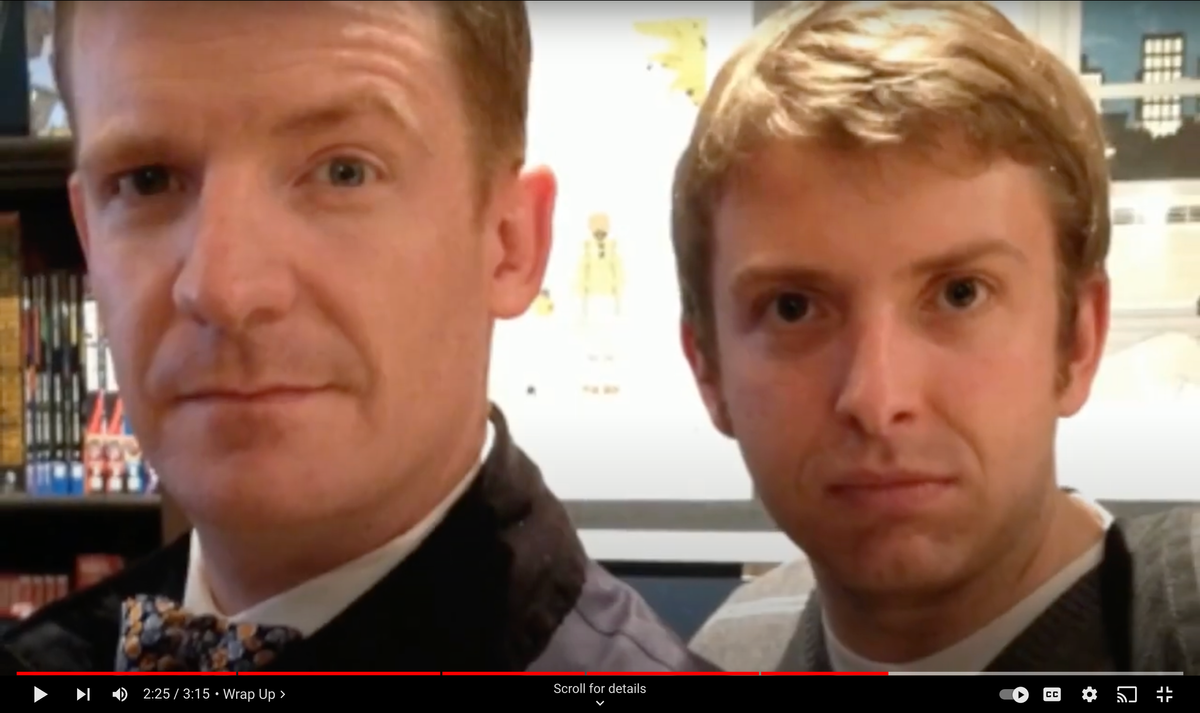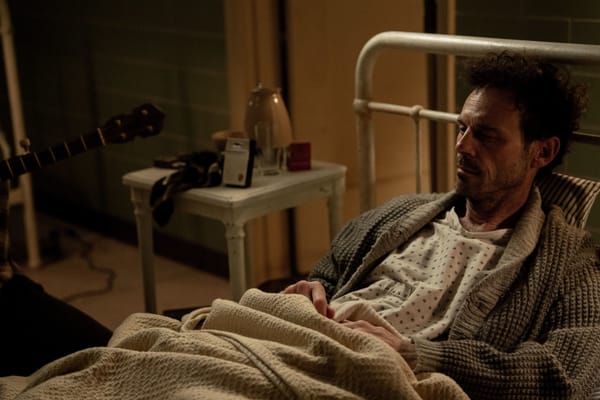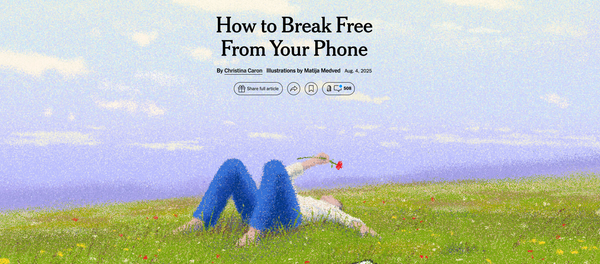Why Media? Senses, Memory, Emotion
The case for media-based learning starts with making meaning of our lives

My class at Virginia Theological Seminary was part of a transition-into-ministry program called Second Three Years. As I remember, it was based on a boatload of research that suggests this initial time of continuing formation is significantly and perhaps uniquely determinative for ministers beginning or continuing their work after intensive training.
The program included some money for continuing education, and with it I bought a video camera and a ticket to (I think) the first-ever entirely online workshop offered by what was then called the Center for Digital Storytelling (now simply Storycenter), based in Berkeley, CA.
I thought part of my job as digital missioner was to be a kind of educator-journalist, extending the reach of ministry training events and showcasing innovative projects. It seemed like learning digital storytelling (whatever exactly that meant) would help.
It would turn out my colleagues and I could better accomplish those goals through thoughtful conference programming with high quality remote access—at a time when the latter was rare and difficult to provide. Also, happily: I completely misunderstood what the workshop would be about.
The pair of purchases indicates the extent of my mistake. For Storycenter, digital storytelling (DS) is not about immersive media-rich journalism or flashy media infotainment. It's about the contemplative and deeply personal unpacking of one important moment from your life, with help from a photograph or two, a supportive community led by a well-trained facilitator, and as much soul-searching as the workshop length will allow.
After one video (plus contributing in small ways via feedback to the others being authored by my peers), I was hooked. Here's what I made, a reflection on pilgrimage and an homage to my very favorite podcast of all time.
I don't generally post publicly the video I made years later, at the event where I would train as a facilitator myself. I'm happy to share it within anyone who'd like to see it though (just DM me). Suffice it to say, I learned to go deeper: to be less cute and more vulnerable.
Here's a bit from DS movement founder and steward Joe Lambert about why that effort is worth it:
As it turns out if we have an affective relationship to ... sensory information – if that information is connected to the part of our brains that processes our emotions – then the [neural] pathways [of memory] become even stronger. The memories associated with our most important life lessons are inevitably those with either strong emotional encoding at the moment, as in traumas or events involving those close to us. When we describe these events, and their meaning to our lives, we inevitably drop out of argumentation and into story. Story in this sense, works biologically to insure the total recall of those events which define we have ingrained as of greatest emotional importance to us. (p. 7)
I facilitated two more digital stories as a part of my dissertation studies, both via a co-negotiated group-based process that in many ways became the subject of my research. Neither focused quite as neatly on a single moment as I might have hoped, but I'm confident both revealed much to the young people who agreed to let me accompany them in the process.
Of course, DS isn't the only format or genre to which would-be learners are invited by supportive facilitator-evangelists. The sky's the limit, especially these days.
But for me, DS gets especially effectively at a couple of the especially valuable learning affordances of media making.
- Making media in traditions like DS is enough of a process that it forces us to slow down and be very intentional about our expression. With a ~300-word script, a few photos, and maybe a little music, storytellers needs to be judicious with the details and often richly dense with the layers of juxtaposition and meaning.
- In Storycenter-style DS, the technology per se is made to be as much of an afterthought as possible. When you're teaching beginners, techno-wizardry isn't really on the table. The point is human connection. Stories are developed verbally at first, in a circle-style that is intimate, supportive, and often surprisingly intense.
- Media speaks to our senses, and the embodied experience of exploring important memories is a very sensory experience. Capturing important insight from a long-distant experience somehow becomes more possible and more urgent when we combine a couple media forms. (There are lots of reasons to be frustrated about claims that new media are uniformly a "disembodied" experience, but DS practitioners get especially livid about this portrayal. Here the embodiment is much of the point.)
I'm gonna try this week to make a few answers to the question "Why make media for learning?"
My first answer will always be this: "Because, when well-framed and well-facilitated, the experience has a distinctive power to help us understand our most important experiences."
PSA: The link above (and repeated here) has the best price I've ever seen for this book, which gets treated like a text book by the publisher. If you're at all interested, I suggest you scoop it up!



